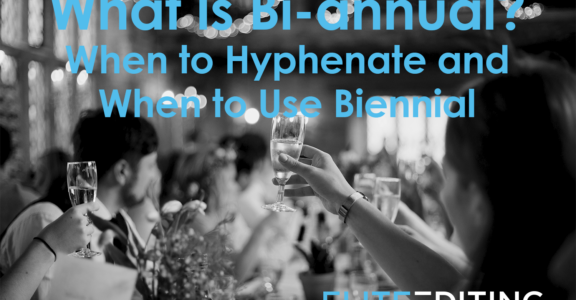
I don’t want to make any offensive implications, but I’m going to infer that since you’re reading this, you get confused by the question of properly using imply vs. infer. These two words are related to one another but are actually somewhat opposite in their meanings, which is why they’re so often confused. Allow me to explain.
When you infer something, you’re drawing a conclusion based on information you’ve received. When you imply something, you’re hinting at a conclusion based on information you’re giving. In both cases, all of the information isn’t there—or has not been explicitly stated—so the meaning has to be figured out.
To imply is to hint at something, and to infer is to make an educated guess at what someone means. In other words, when you infer, you’re making an educated guess as to what another person is implying. An implication is a statement, and an inference is a conclusion.
Still lost? Let’s clear things up with a few real-world examples.
Imply vs. Infer Examples
We’ll start with a few examples of imply:
- She never said outright that Sally was dumb, but by snickering when Sally gave the wrong answer in class, she certainly implied it.
- When the president said that “boots on the ground” were necessary in Libya, news commentators interpreted this to imply that American troops would soon be invading.
As you can see in those examples, you have to find out what is being implied in a statement with incomplete information by using your own reasoning ability. To find out what someone is implying is to figure out what they mean without them saying it explicitly.
Now on to a few examples of infer:
- By learning to interpret the look in someone’s eyes, you can usually infer whether she’s happy or sad.
Objects can also make inferences, especially in the context of data-gathering technology. For example:
- By monitoring your eating habits, new AI software built into a smart refrigerator can learn to infer what products a person is about to run out of and automatically order more.
When you infer something, you are figuring out what is meant despite not having the full story—100 percent of the data, details, or other information isn’t present, so you have to figure it out. That is what it means to make an inference.
Sometimes you might see imply and infer combined in the same sentence. Here are a couple of examples where that comes into play:
- From the sarcastic tone of his voice, I inferred that he probably meant to imply the opposite of what he actually said.
- Because I don’t like crying in front of others, she inferred that I didn’t care about my dog’s disappearance, but I never meant to imply that I wasn’t feeling any emotional pain.
The Final Word
In review, here is another way to explain the proper usage of these words: both involve coming to conclusions based on partial information. When you imply, you’re giving just enough information for someone else to determine what you mean. When you infer, you are figuring out what someone else means without him ever saying it outright.
From the fact that you made it to the end of this post, I’m going to infer that you’ve come away with a better understanding of the imply vs. infer question. I can only hope that my inference is correct!






